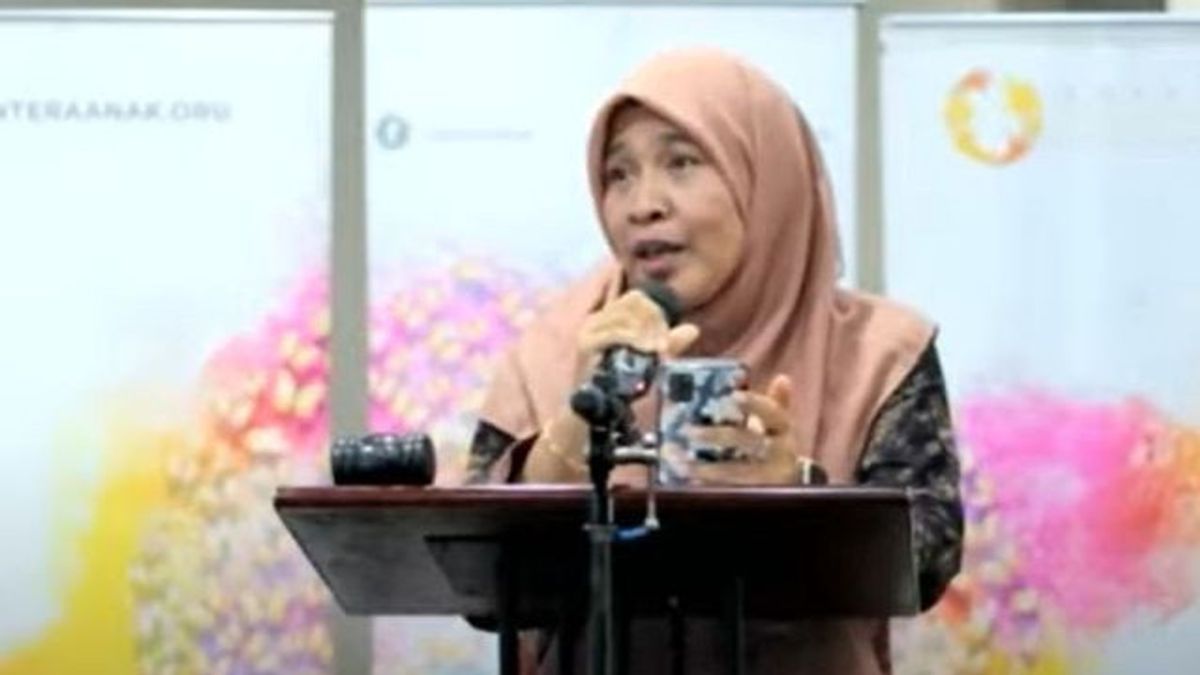JAKARTA - The head of the Lentera Anak Foundation, Lisda Sundari, said that the rise of cigarette advertisements, promotions, and sponsors was the cause of the increasing number of smoking children.
" Lentera Anak's latest survey in 2021 to 180 10--19-year-old respondents who have or are actively smoking with direct interviews with children shows that more than half of respondents believe cigarette advertisements affect child smoking consumption," Lisda Sundari told Antaa, Tuesday, January 17.
Lisda Sundari explained that in the last 10 years, the prevalence of child smokers in Indonesia has continued to increase.
His party quoted from the 2018 Riskesdas data showing child smokers increasing to 9.1 percent or 3.2 million children.
"Bappenas also predicts that by 2030, child smokers could reach 15.9 million people," said Lisda.
He said the cigarette problem was a serious problem that had to be handled because it had a negative impact on the health, quality of human resources, and the country's economy.
"This is a serious problem in the future, considering that cigarettes are addictive and the risk factors for diseases are not contagious, they will also become an economic burden so that they will threaten the quality of human resources," said Lisda.
In line with Lisda, Plt. Assistant Deputy for Fulfillment of Children's Rights on Health and Education of the Ministry of Women's Empowerment and Child Protection Anggin Nuzula Rahma said the existence of cigarettes poses a threat to Indonesia's demographic bonus in 2045.
"Cooks are a threat, of course a demographic bonus, yes, because talking about quality human resources, superior human resources, this is of course the children must be healthy, they must start physically and mentally, they must be healthy first," said Anggin Nuzula Rahma.
In addition to threatening the quality of human resources related to demographic bonuses, cigarettes also have a negative impact on national development.
"Because it does exacerbate poverty, a lot of budgets are used or spent on cigarettes," said Anggin Nuzula Rahma.
The English, Chinese, Japanese, Arabic, and French versions are automatically generated by the AI. So there may still be inaccuracies in translating, please always see Indonesian as our main language. (system supported by DigitalSiber.id)









